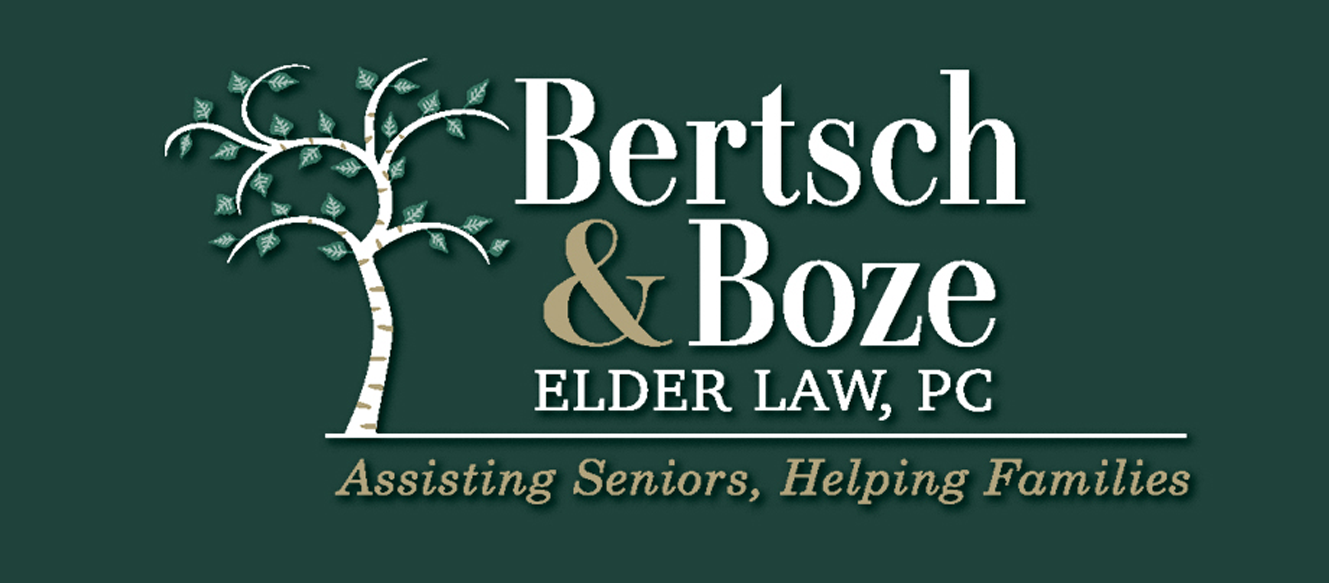What do I need, a Trust or a Will?
I’m a healthy 59-year-old man, but I know I won’t live forever. I was thinking about getting a Will drawn up, but my friends just got a Revocable Living Trust, and they are saying I should get a Trust instead. What do I need, a Trust or a Will?
That’s a good question. Both Wills and Revocable Living Trusts have advantages. Typically, Revocable Living Trusts are more expensive than Wills because there’s more work involved in preparing this type of instrument. However, a Revocable Living Trust may offer some advantages that outweigh the cost:
1.With a Revocable Living Trust in place, your estate may be able to avoid probate. This means your loved ones don’t have to spend time, money, and energy on probate when you die. A Revocable Living Trust can be especially handy if you have a property in more than one state, as probating in multiple states can be especially onerous and expensive.
2.Financial institutions can be picky about accepting powers of attorney, making it difficult for appointed agents to make transactions. This can cause a lot of stress for someone who’s trying to help a loved one who’s become incapacitated. On the other hand, a financial institution must accept a valid Revocable Living Trust.
While Revocable Living Trusts can offer a less stressful way to deal with someone’s assets, there are some downsides:
1.First, if you have a Trust, you have to remember to title your assets in the name of the Trust. If you don’t, you may have to go through probate anyway. I’ve seen some people bring Trusts to our office after a loved one’s death, asking what they need to do next and we have to initiate probate. If you don’t title your assets in the name of your Trust, your Trust is basically an expensive, useless instrument.
2.I find it surprising when someone with a small estate has a Revocable Living Trust. I liken it to shooting a bird with a cannon. If you are a Texan with a house and a couple of bank accounts, you really don’t need a Revocable Living Trust. Probate in Texas is a relatively quick and easy process, especially compared to some of the other states.
If you aren’t sure of whether a Trust or a Will would best suit your needs, I encourage you to talk to an elder law attorney, like Ellen Patterson or Carol Bertsch. For more information, please email jhudspeth@assistingseniors.com or call our office at (210)892-4555.
By, Jody Hudspeth, Paralegal for The Law Offices of Carol Bertsch, PC
One of the many hats I wear as a paralegal is answering phone calls and emails from concerned loved ones and caregivers. This column, “The Elder Law Askit Basket”, features some of the scenarios we hear on a frequent basis. If you have a question you’d like to see answered here, please email me at jhudspeth@assistingseniors.com.
The post What do I need, a Trust or a Will? appeared first on Carol Bertsch.






Share On: